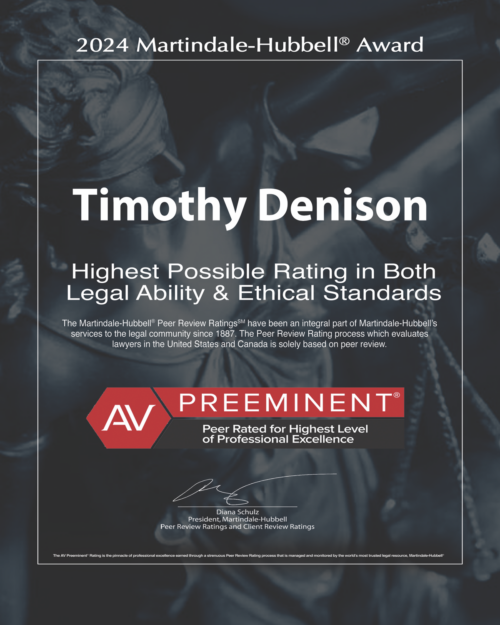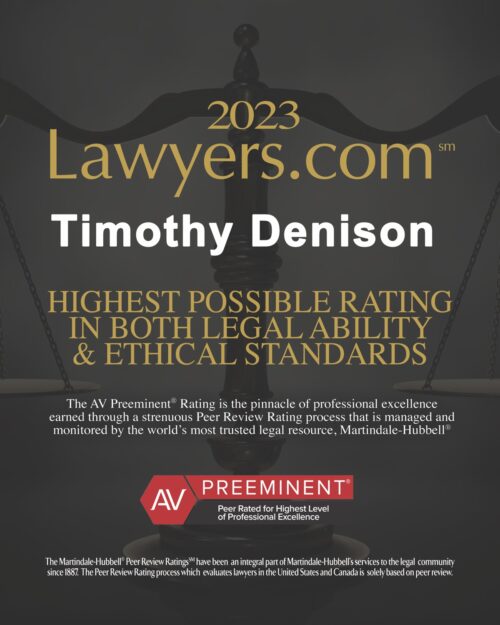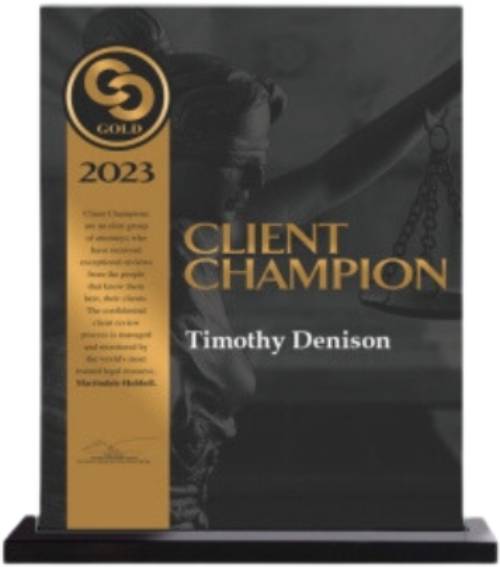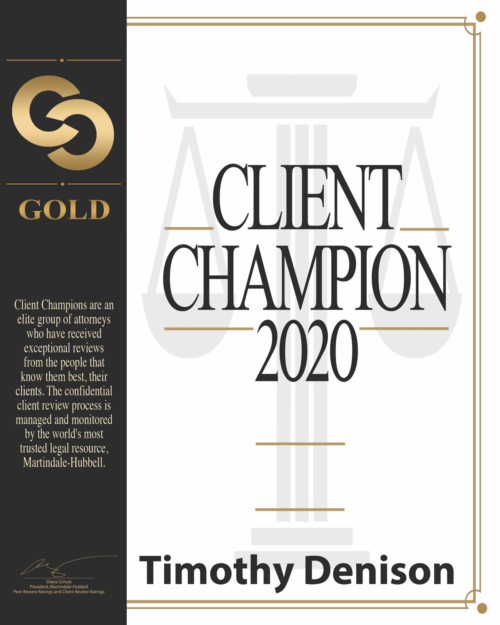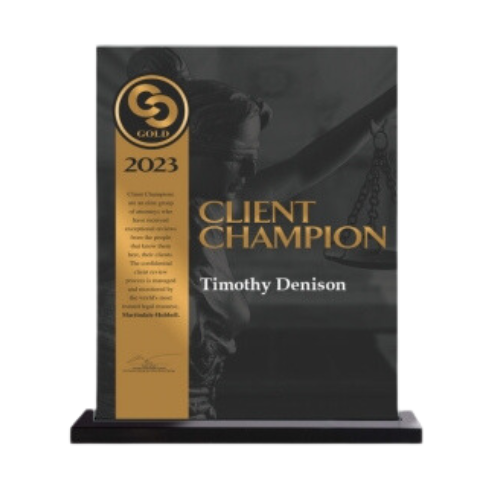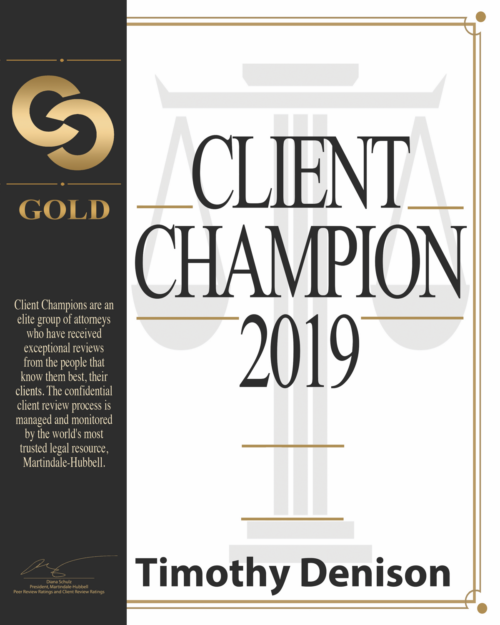Defending Drug Cases in Kentucky
Episode 4: Louisville criminal defense attorney Tim Denison discusses defending drug cases across Kentucky. Twenty to thirty years ago, cocaine was the drug of choice. This trend ebbed in the late 80s and early 90s. Methamphetamine has risen. Marijuana was steady for a long time, but the penalties were increased in the late 90s. Today, the focus is on large marijuana busts, rather than smaller quantities. In today’s environment, opioids and heroin has skyrocketed. It’s very inexpensive compared to other drugs.

Distribution and Trafficking
A simple explanation is that distribution involves an exchange, but not necessarily involving a sale. Trafficking involves both an exchange and compensation. A person can be charged for having drug paraphernalia, even without the drugs being present. However, that’s more often an add-on charged.
Charges can be based on drug schedules. The more potent the drug, the higher up the schedule. Cocaine and heroin are Schedule 1 drugs. These will have a higher penalty.
Jefferson County Drug Court
In Jefferson County, Judge Stephanie Burke has been extremely involved in the local Drug Court. She may appear on an upcoming episode. Graduated sanctions are a result of the trend toward getting addicts help through recovery, instead of the standard incarceration. The more cooperative and honest a defendant is, the better chance he/she will have at getting a chance to participate in recovery programs. Treatment is the preferred approach to incarceration, at least locally. It’s a valuable sentencing alternative in defending drug cases in Kentucky.
Determining the Actual Charge
The arresting officer is generally the one who actual determines the initial charge. However, once the prosecution takes on the case, they may amend the charges. Typically, this would involve decreasing them, based on what they feel confident they can prove in court. It rarely involves increasing the charge(s). They can however add to, subtract from or modify the charges based on what they believe they have probably cause to pursue.
Does Past Criminal History Factor In?
An aggravator is a fact that is taken into consideration, which can make the crime worse. A mitigator is the opposite and can/will lessen the severity of the crime. A persistent felony offender (PFO) is someone who has been charged more than once with a felony. The PFO is commonly used to keep someone incarcerated for a longer time. The first time someone is charged with a felony, it may be amended down or diverted. Diversion may involve an alternate means dealing with the underlying case such as employing alcohol counseling, drug recovery programs, etc.
At the sentencing phase of a case, a person with prior felonies may be considered a PFO, which enhances the sentence. One prior felony is usually treated as a PFO-2, which raises the penalty one level. A Class D felony carries a 1-5 year incarceration. But, if the defendant is charged as a PFO-2, it could be used to increase the penalty to a Class C with a 5-10 year sentence. If the defendant has multiple felony convictions, he/she can be treated as a PFO-1, which increases the penalty 2 levels. This is a substantial consideration in how a defense attorney strategizes, when defending drug cases.
In Episode 1 Tim discussed expungements. If a prior felony conviction has been expunged, it will not factor in to a PFO-2 or PFO-1 enhancement. Remember, an expungement treats a prior charge and/or conviction as if it never happened. Under the current Kentucky law, only Class D felonies are eligible to be expunged. It’s important to remember that even if you have been charged with a crime (misdemeanor or felony) and found not guilty, it still remains on your criminal record until it gets officially expunged.
Juveniles Charged with a Drug-Related Felony
A juvenile can be charged with a felony and the case may be sealed when he/she turns 18. If a judge determines the felony is serious enough, after a transfer hearing, the case can be transferred out of juvenile court and to Circuit court. This would mean that the juvenile is being charged as an adult. These charges typically involve guns, injuries and/or violent crimes.
State and Federal Jurisdiction of Drug Cases
When it comes to drug cases, both the State and Federal authorities have concurrent jurisdiction. If the federal prosecutors determine they want to pursue the case, they can take the case. We discussed State and Federal charges in Episode 3. Tim is licensed to try cases in Federal court and State court.
Tim’s office phone number is (502) 589-6916. You can learn more via TimDenisonLaw.com. Tim’s principal office is located at: 235 South 5th St., Third Floor, Louisville, KY 40202. The information from this podcast is for informational purposes only and does not establish an attorney-client relationship. Co-host Jim Ray is a non-attorney spokesperson. This is an attorney advertisement.






